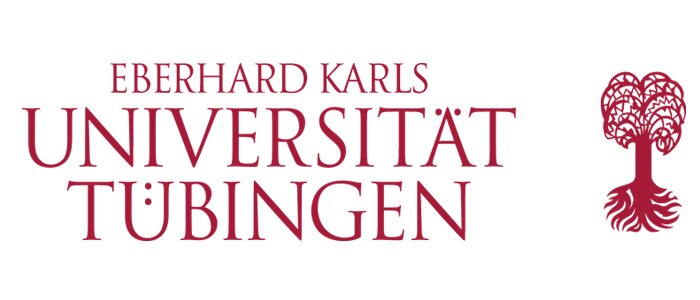Table of Contents
History
The University of Tubingen was first founded in 1477, as part of the reforms imposed by Count Eberhard V in his efforts to revive the values of the Italian Renaissance on a global scale. However it wouldn’t be until 1769 that it would obtain it’s current and more famous names, when Duke Karl Eugen decided to rename it in honor of himself and it’s original founder.
Historically the institution has been known for it’s innovation and modern thought across it’s multiple disciplines, but particularly in theology, something in which the protestant reform definitely played a role.
In the present day the institution is one of Germany’s eleven universities of excellence, and it is famous for it’s studies in theology, law and medicine in particular.
Programs Offered
Through it’s 7 main faculties, the University of Tubingen offers well over a 150 courses aimed at undergraduate students, however it’s important to note that not all of them are available in English, and courses both in German and English make up the selection at the institution.
Due to the large number of available courses at Tubingen, the following list is just a small sample of the complete catalog at the institution:
- Egyptology
- General Rhetoric
- Ancient Near Eastern Philology
- Business Administration
- Bioinformatics
- Chemistry
- Chinese
- Computational Linguistics
- German as a Second Language
- Economics and Business Administration
- Empirical Cultural Studies
Admission requirements
A few programs at the University of Tubingen require an application through DoSV (Dialogue Oriented Service Procedure) an external platform that handles applications to institutions in Germany, these are listed in the official website.
For all other courses however application is handled directly through Tubingen’s ALMA portal, proof of proficiency in either English or German will be required of the student depending on the chosen course, however to simplify matters a bit, when it comes to school qualifications the institution will convert a student grades to the German equivalent themselves.
Student Life
The University of Tubingen has an incredibly varied student body, and this is best shown on the selection of clubs and activities available for them, outside of the university run clubs, there’s also a lot of student organized groups and movements, as well as more artistic endeavors including a theatre and musical presentations.
Part-time work
Part-time work is actually really common for students in Germany, as surveys show that roughly two thirds of all students go to work, as per German education culture the University of Tubingen counts with student assistant jobs at the university, which most students can apply for, but outside of that there isn’t a dedicated study job portal.
While international students from the EU or EEA have little to no restrictions on work, the situation can be somewhat more limited for international students which do not fit the above, while they are allowed to work 120 full or 240 half days in a year, German law prevents them from pursuing freelance work.
Fees
General semester fees at the University of Tubingen amount to 158.30 Euros for all students regardless of nationality or residence, however on top of the general fee, International Students who don’t come from the EU will also have to pay a semester fee of 1,500 Euros.
While students aren’t technically enforce to apply for it, all students at Tubingen can obtain a discounted transportation ticket with a semester long duration, for the price of 84,90 Euros.
Ranking
The University of Tübingen is currently ranked as the 223th best college level institution in the world, making it the overall 13th best university in it’s home country of Germany.
University Contact
Address: Geschwister-Scholl-Platz, 72074 Tübingen, Germany
Phone: +49 7071 29-0
Email: [email protected]
Summary
As per German custom Tubingen provides a quality education for a very low cost, one of the most exciting prospects at the institution for international students will be the possibility of presenting their original grades to the institution instead of relying on an external course or qualification, which will probably play a large role for International Students looking for an education in Germany.

